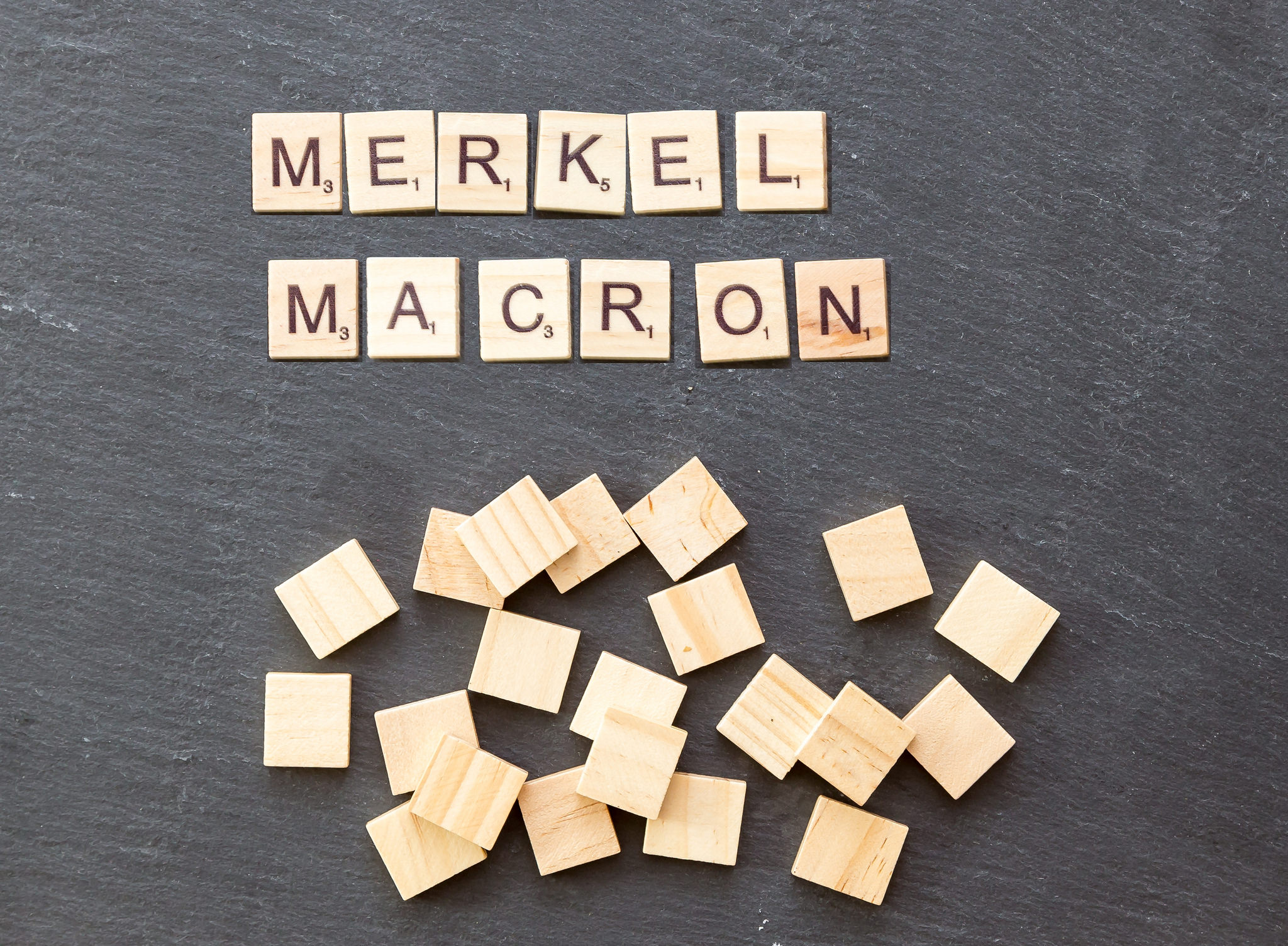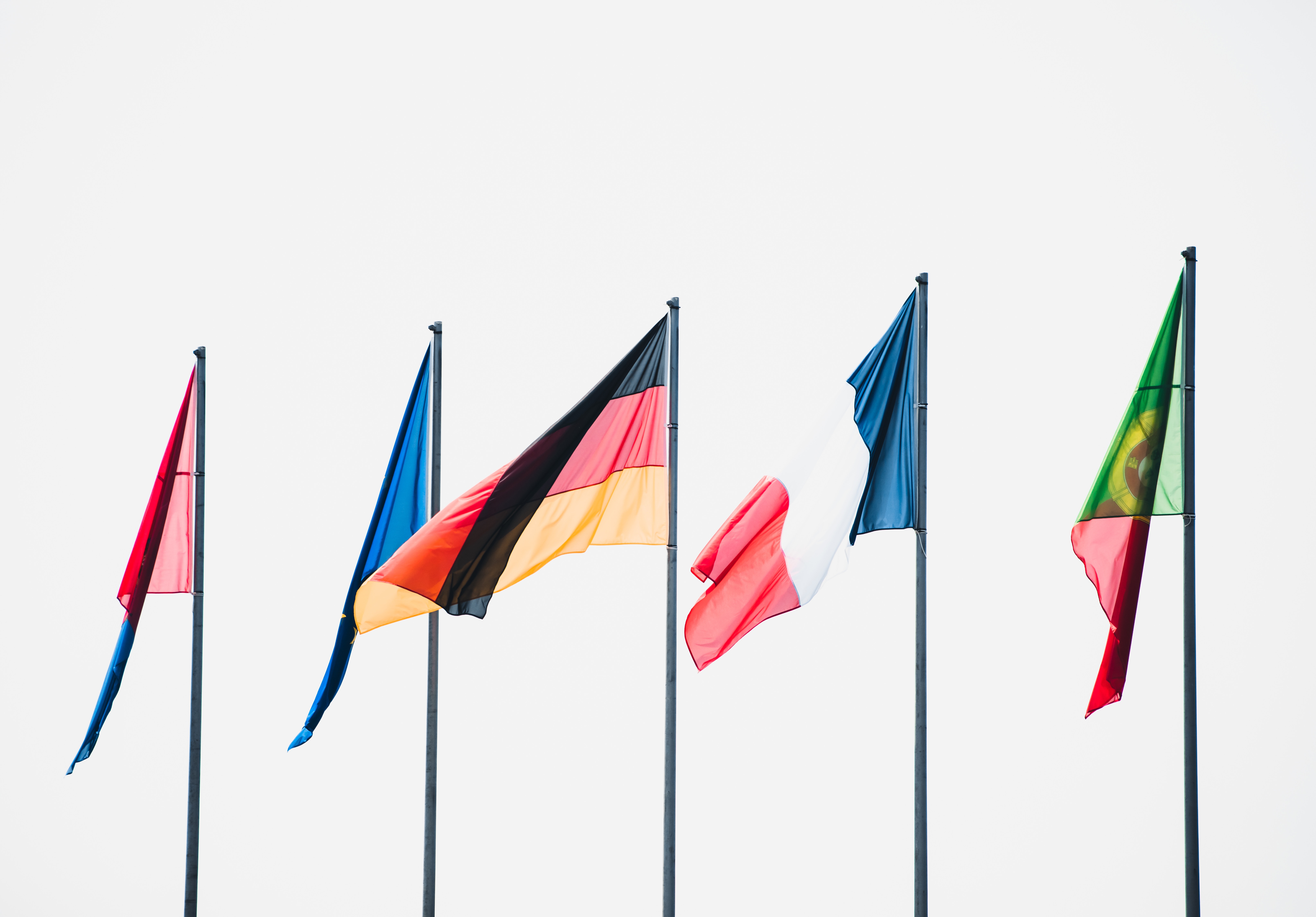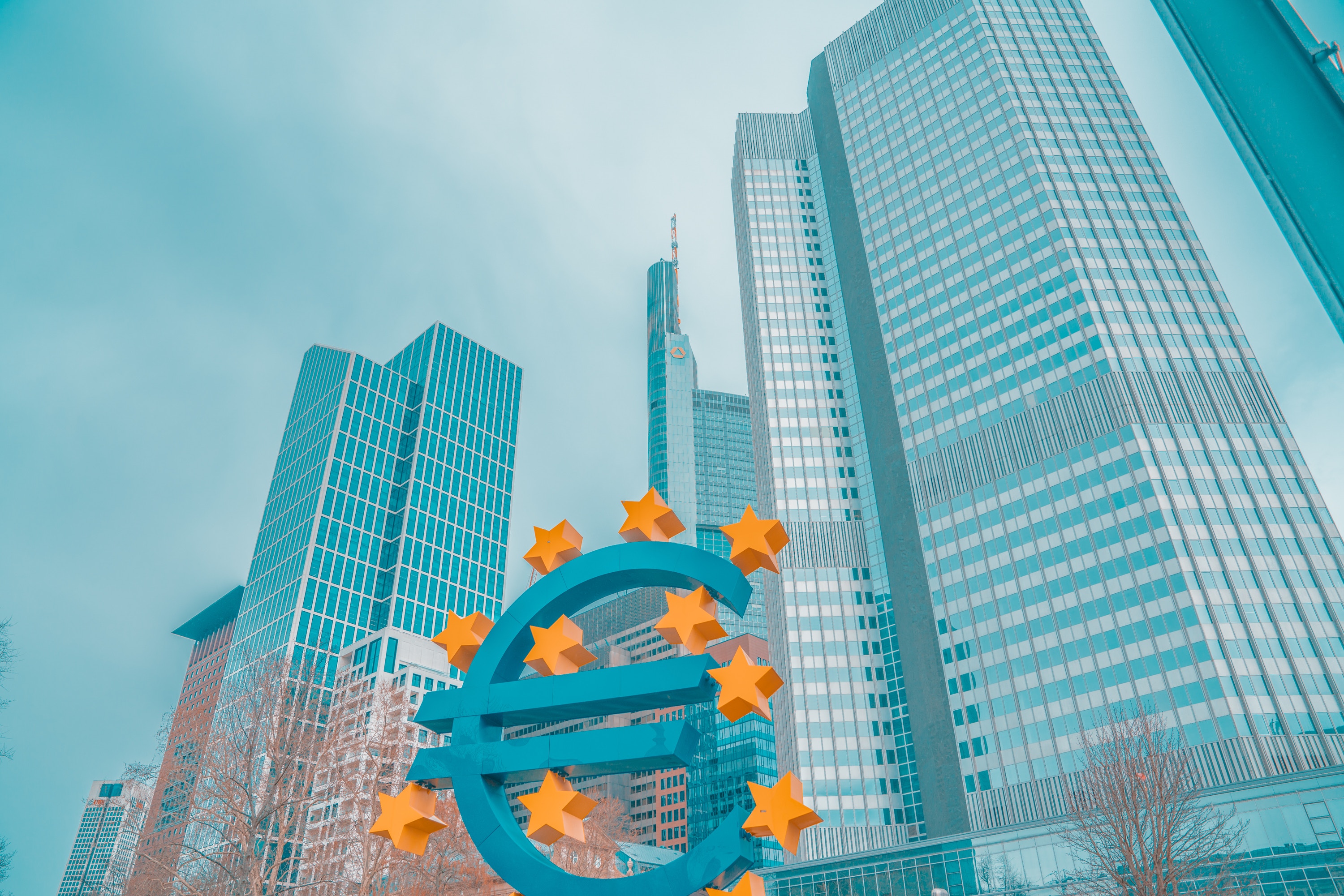
Written by Yasmine Idrissi
In the midst of Brexit, populism gaining ground, and a rising tide of skepticism towards multilateralism, the liberal values of the European bloc are undoubtedly under threat. In an attempt to amend and renew their commitment to defend these values, France and Germany have signed a new treaty on January 22nd aimed at “breathing new life into their place at the center of the European Union” [1].
It is undisputed that this treaty holds great significance, not only symbolically, but also historically, as the date marks the 56th anniversary of the Élysée Treaty signed by Charles de Gaulle and Konrad Adenauer underpinning Franco-German reconciliation [2], and politically, as this bilateral treaty consolidates the two countries’ position as standing bastions of pro-EU ideals. This treaty is also meant to send a message: while the Brexit fiasco is consuming the UK, the two major founders of modern Europe are carrying on regardless.
But more importantly, it outlines common positions in regards to internal and external security, economic integration and foreign policy.
Particularly, the two countries commit themselves to [3]:
- deepen economic integration by creating a Franco-German common economic zone
- develop Europe’s military capabilities, culminating in a European Army and mutual defense in case of attack.
- create new social funds and foster innovative models for cross-border cooperation between local stakeholders for local projects (infrastructure, shared public services etc…)
- increased cultural exchange and increase learning of each other’s languages (especially for youth)
- harmonize the way EU legislations is transposed into national law in each of their systems
These aspirational objectives aim to restate the close friendship between France and Germany, a friendship that remains an essential element of a united, sovereign and strong European Union.
On a less optimistic note, it is regrettable that because of division within the European block, only bilateral accords are advancing; sure this treaty aims at convergence, which is very much needed in this difficult time for the EU, but a Franco-German axis is nothing new, and it would be time for a proper “whole-of-Europe” approach.
As European Council President Donald Tusk had bluntly put it: “today Europe needs a clear signal from Paris and from Berlin, that strengthened cooperation in small formats is not an alternative to the cooperation of all of Europe” [4].
As many things nowadays, this treaty has been the target of fake news and conspiracist speculations. In fact, Eurosceptics have not missed the occasion to dredge up their favorite claims of Franco-German dominance of EU affairs; Czech MEP Jan Zahradil emailed a statement expressing exactly this feeling: “A Franco-German axis that goes around other Member States to stitch up EU business is exactly what we feared when the U.K. announced their intention to leave” [5]. Far-right populist MP Marine LePen pushed these erroneous claims a bit further, stating in a video Tweet (6) that this new treaty is of “globalist” inspiration, is promoting unfair competition and wild deregulation of trade policies. She labels it as “Europeist”, claiming a loss of sovereignty in regards to defense, and goes as far as claiming that France agreed to share their permanent seat within the UN Security Council with Germany. But the most far fetched speculation, on the verge of conspiracism, is that the treaty would allegedly “sell out” the region of Alsace-Lorraine to France’s neighbor on the other side of the Rhine.
It is sufficient to read the 13 page treaty to understand that, of course, none of these claims are fact-based, but are obvious strategies to undermine European cooperation and promote ignorance and hostility.
It is undeniable that this Treaty highlights the role of France and Germany as beacons of European unity and promoters of the liberal values of the Union, a stance that clearly opposes the “my country first” tendency that is shaking the EU, but we hope that this would be a starting point towards enhanced cooperation among all the Members and an inspiration for a revival of European integration.
Yasmine is a Master’s student in European and International Governance at the United Nations Office in Geneva and the University of Geneva; she holds a Bachelor’s degree in International Relations and a minor in Gender Studies from Al Akhawayn University in Ifrane, Morocco. She is also an alumna of the European School of Varese, which shaped her sense of belonging to the EU and belief in the European project.
She has experience in the international organizations system in Geneva, with particular interest in issues of human rights and peace, but also to the implications of climate change and digitalization.
As ambassador in Geneva, she hopes to increase EU youth engagement with international policy makers and ultimately help promote EU ideals of respect for freedom, democracy, and equality.
References
[1]https://www.bbc.com/news/world-europe-46908205
[2]https://www.atlanticcouncil.org/blogs/new-atlanticist/france-germany-treaty-of-aachen
[3]https://www.gouvernement.fr/en/treaty-of-aachen-a-new-treaty-to-strengthen-franco-german-cooperation-and-facilitate-convergence
[4] https://www.bbc.com/news/world-europe-46908205
[5]https://www.politico.eu/article/emmanuel-macron-and-angela-merkel-franco-german-aachen-treaty-tests-european-nerves/
[6]https://twitter.com/MLP_officiel/status/1086232078524526592
[7]https://www.diplomatie.gouv.fr/IMG/pdf/traite.aix-la-chapelle.22.01.2019_cle8d3c8e.pdf

 Is the World Trade Organisation a Failure?
Is the World Trade Organisation a Failure?  Is EU citizenship for sale – or for keeps? A critical analysis of the CJEU’s Golden Visa ruling.
Is EU citizenship for sale – or for keeps? A critical analysis of the CJEU’s Golden Visa ruling.  The European Union in Space: From exploration and innovation to security and autonomy
The European Union in Space: From exploration and innovation to security and autonomy  The Rise of the Right: The Threat Right-Wing Extremism Poses to Women and Feminist Efforts in Germany
The Rise of the Right: The Threat Right-Wing Extremism Poses to Women and Feminist Efforts in Germany 


